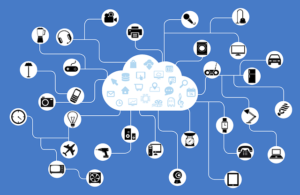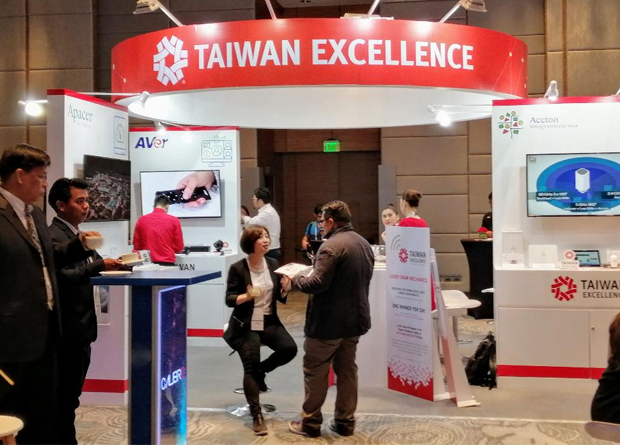 IoT platform services along with security, cryptography, digital certificate management and data exchange services are propelling IoT Identity and Management revenues toward US$21.5 billion by 2022.
IoT platform services along with security, cryptography, digital certificate management and data exchange services are propelling IoT Identity and Management revenues toward US$21.5 billion by 2022.
ABI Research, a market-foresight advisory firm providing strategic guidance on the most compelling transformative technologies, predicts that IDoT (Identity of Things) services are expected to grow significantly over the next five years with most of the revenues being driven primarily by industrial, manufacturing, and automotive market verticals.
“Through ‘smarter gateways’, cloud services, and application programming interface (API)-focused solutions, thing identity and management services are steadily finding their way in a wider spectrum of IoT verticals,” comments Dimitrios Pavlakis, Industry Analyst at ABI Research. Although certain verticals are still lagging in terms of security, IoT vendors are finally starting to invest more on encryption and device certificate management. Aftermarket telematics, fleet management, OEM telematics, metering, home security, and automation are among the most important verticals absorbing more than 60% of the total revenues worldwide.
“This brings us one step closer to the realization of IAM 2.0 (Identity and Access Management)”, continues Pavlakis. “We are entering a transformational period where device IDs, system IDs, and user IDs are forced to merge under the hyper-connected IoT paradigms, effectively altering the way IDoT will be perceived from now on.” To that end, open IoT standards and frameworks like OCF (Open Connectivity Foundation), OneM2m and DeviceHive are attempting to create OS/RTOS/Vendor-agnostic solutions to reduce friction for more interconnected and secure ecosystems.
While some vendors choose to offer wide-ranging IoT solutions, most of them are seeing the merit of specialization in IDoT: enterprise and industrial (e.g., Microsoft Azure), connected agriculture (e.g., Bosch), advanced analytics and machine learning (e.g., SAP), cryptography and device management (e.g., Rambus), as well as energy and manufacturing (e.g., GE Predix). Given the recent PKI (Public Key Infrastructure) success stories in securing IoT devices, this specialization trend extends to most of the Certification Authorities (CAs) too: smart city, transportation and healthcare (e.g., DigiCert), cloud service providers (e.g., GlobalSign), banking and finance (e.g., IdenTrust), and enterprise and consumer (e.g., Comodo).












































































































